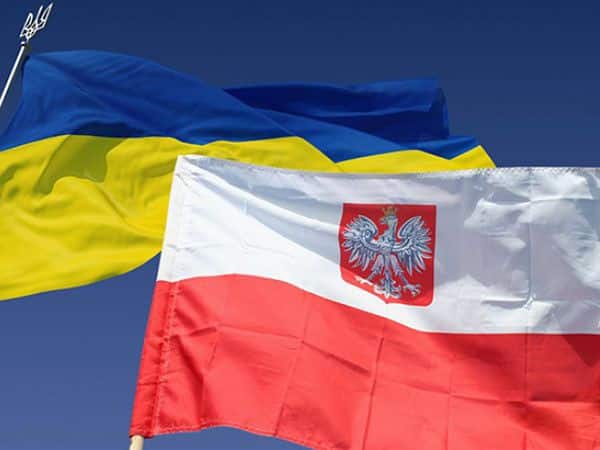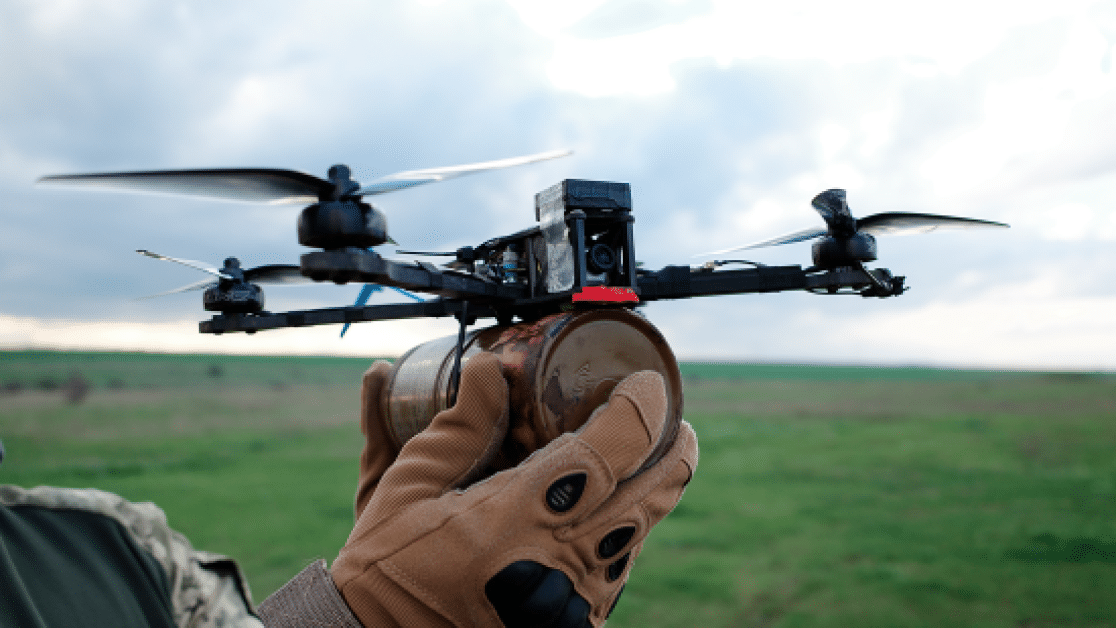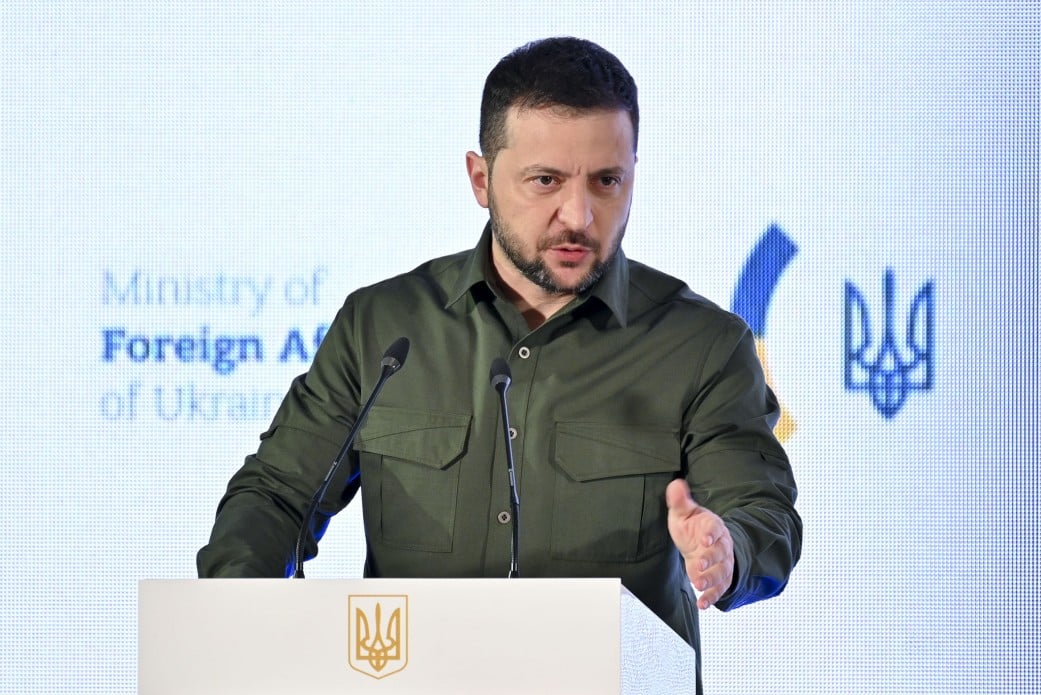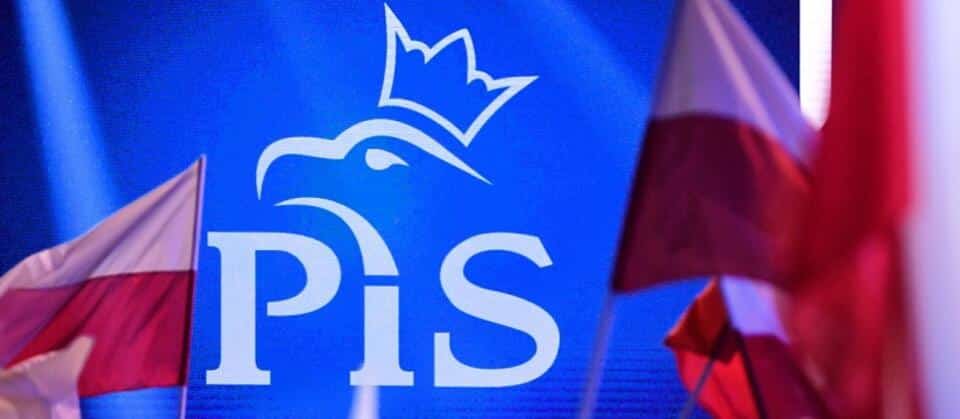Table of Contents
“The times are changing, and from these times, based on our experience, we see that we have only two allies. Firstly, it’s Ukraine. And our second ally is England,” said the leader of the Polish governing party Law and Justice (and de facto the most influential politician in Poland), Jaroslaw Kaczynski, a year ago.
And in April of this year, the first visit to Warsaw since the start of the full-scale Russian invasion by Volodymyr Zelenskyy turned out to be truly triumphant — the Ukrainian President was received with protocol similar to the reception given to US President Joe Biden in the Polish capital not long before.
These two examples show how significantly the relations between Ukraine and Poland have changed in the last year and a half.
Even more peculiar against this backdrop is the current escalation, which could potentially “zero out” the achievements of recent years.
Let’s try to understand how expected the current crisis has become and whether there are chances of stopping it in the near future.
Mutual concessions
“We are guided by the policy of Polish national interests. We support Ukraine to the extent that it aligns with Polish national interests. This has been the case and will always be,” stated the Deputy Head of the Polish Ministry of Foreign Affairs, Pavel Yablonsky, on August 2.
However, one can dispute the last assertion of the Polish top diplomat — it hasn’t always been the case.
The full-scale invasion by Russia forced the Polish government to set aside its grievances and resentments towards Kyiv. As a result, Poland became one of the leaders in supporting Ukraine, and this leadership was demonstrated at the most critical moment when most Western countries were hesitant to commit to substantial support.
An illustration of the then change in Warsaw’s course was the actions of Polish Prime Minister Mateusz Morawiecki, who did not make any visits to Ukraine before to the full-scale invasion (according to unofficial information, this was his principled stance — a visit was to become possible only after Kyiv lifted the moratorium on search and exhumation operations).
However, it was Morawiecki himself who belonged to the first group of Western leaders to arrive in Kyiv even before the Russian forces retreated from the capital.
Likewise, Poland was taking significant steps in supporting Ukraine, regardless of its own interests.
Of course, any support has its limits, and it was expected that over time, Polish policy towards Ukraine would become more pragmatic.
However, this course correction proved to be too abrupt.
It all began with protests from Polish farmers who were displeased with the presence of Ukrainian grain, oil, and corn in the domestic market. Considering that parliamentary elections were scheduled in Poland in the fall, and winning for the ruling Law and Justice party would be quite challenging, the voices of the farmers became a “golden asset,” prompting the official Warsaw to escalate tensions with an ally.
In May, Poland and three other countries (Hungary, Slovakia, and Bulgaria) imposed a ban on the sale of Ukrainian agricultural products — a step these countries wouldn’t have taken without the consent of the European Commission.
In Kyiv, this was received extremely painfully, especially since they understood well that Warsaw was behind this prohibition. However, at that time, the Ukrainian authorities refrained from publicly criticizing their partners, focusing on resolving the issue through the mediation of the European Commission.
Moreover, Kyiv made concessions twice: first by agreeing in May to the European Commission’s temporary ban on exporting agricultural products to five EU countries (the aforementioned four countries and Romania), and then in June by extending the ban until mid-September.
However, while agreeing to the extension of the ban, Kyiv emphasized that this would be the final concession. This position was supported in Brussels.
On the other hand, the group of five countries made statements about the need to continue the ban at least until the end of the year.
See also: Blackmail with grain: how Poland is exacerbating the crisis of Ukrainian agricultural exports
Yet, it was Poland that took a bold move, declaring that it wouldn’t open its market to Ukrainian agricultural products even if the European Commission made a contrary decision.
And this time, Kyiv did not remain silent.
The crisis funnel
“This is an unfriendly and populist step that will greatly affect global food security and the economy of Ukraine. We call on our partners and the European Commission to ensure unimpeded export of Ukrainian food products to the EU,” reacted Ukrainian Prime Minister Denys Shmyhal to the statements from the Polish side on July 20.
The words of the Ukrainian Prime Minister elicited a sharp reaction in Warsaw.
It is notable that the response came not from the Polish government, but from President Andrzej Duda’s team, who had taken a more pro-Ukrainian stance. In particular, during a visit to Kyiv in June, the Polish President stated that there were no grounds to continue the ban on Ukrainian agricultural products.
The Head of the Office of International Policy in Andrzej Duda’s administration, Marcin Przydacz, said in an interview with Polish media that Ukraine had indeed received significant support from Poland and that it “should begin to appreciate the role that Poland has played for Ukraine over the past months and years.”
In response, the Ukrainian Ministry of Foreign Affairs summoned the Polish ambassador, which led to protests from the Polish diplomatic office. In turn, they summoned the Ukrainian ambassador in response.
Ultimately, the aforementioned statement by Pawel Jablonski was made, among other things, in which he noted that there are many issues on which there is “disagreement” between Poland and Ukraine.
Among these issues, the Polish Ministry of Foreign Affairs mentioned historical matters, seemingly reintroducing them into the bilateral agenda if Kyiv does not agree to the continuation of the agricultural ban.
Additionally, Warsaw cautiously hints at the possibility of reviewing its decision on allowing the transit of Ukrainian agricultural exports. This move could be particularly painful for Ukraine after Russia’s withdrawal from the “grain agreement”.
Does this conflict imply a reconsideration of the relations between the countries? Yes and no.
Certainly, within a certain part of Polish society, the position that if Poland has done so much for Ukraine, then it has the right to demand certain concessions from Kyiv is popular.
However, until recently, only political fringe figures who had minimal chances of coming to power could publicly voice such views.
Everything changed with the rapid rise in the ratings of the Confederation party — currently the only influential political force in the neighboring country that can be labeled as anti-Ukrainian. It has even reached the point where this party has risen to third place in the ratings and might play a pivotal role in forming a new coalition.
The success of the Confederation, which took a portion of the Law and Justice voters, has raised concerns within the ruling party. It appears that it decided to adjust its policies, showing a more stringent stance towards Ukraine to its electorate.
It’s indicative that the Polish opposition is currently very cautious in commenting on these matters, refraining from rushing to defend Kyiv.
In this situation, the most pointed criticism of the actions of the Polish government came from former Foreign Minister Jacek Czaputowicz, who referred to Warsaw’s current course as “the politics of hyenas and jackals.” It’s worth noting that Czaputowicz is not associated with any political parties and therefore is not influenced by pre-election considerations.
Considering that parliamentary elections in Ukraine’s neighboring country are scheduled for October 15, Ukraine is facing more than two months of challenging relations with Poland.
Moreover, recent hints from Warsaw suggest that if Kyiv resists, other grievances might come into play — it seems that voicing these concerns before the end of the war is no longer taboo. The list of these claims and grievances in Warsaw is quite extensive.
However, it is unlikely that the conflict will touch upon security issues. At least, the previous escalation of relations with Poland during President Petro Poroshenko’s tenure showed that Warsaw is adept at separating security matters and not making them hostages of bilateral relations.
On the other hand, it’s far from certain that after the elections there will be an opportunity to return bilateral relations to their previous format. This is also due to the fact that the election results could lead to a protracted coalition-building process with the possibility of early elections.
Consequently, the political tension might not dissipate, continuing to negatively impact bilateral relations.
Finding a way out of this situation will pose a challenge for Kyiv. Diplomacy regarding Poland will literally have to navigate between Scylla and Charybdis.
Poland reacts sensitively to Kyiv’s attempts to address contentious issues through EU mediation — however, it’s this very mediation that strengthens the Ukrainian position.
Similarly, in Warsaw, there is an acute response to bringing existing problems into the public domain — yet without this step, their resolution doesn’t seem feasible.
Originally posted by Yurii Panchenko on European Pravda. Translated and edited by the UaPosition – Ukrainian news and analytics website
See also: Poland in the crosshairs of the Kremlin: Russia raised the stakes to avoid a total defeat




